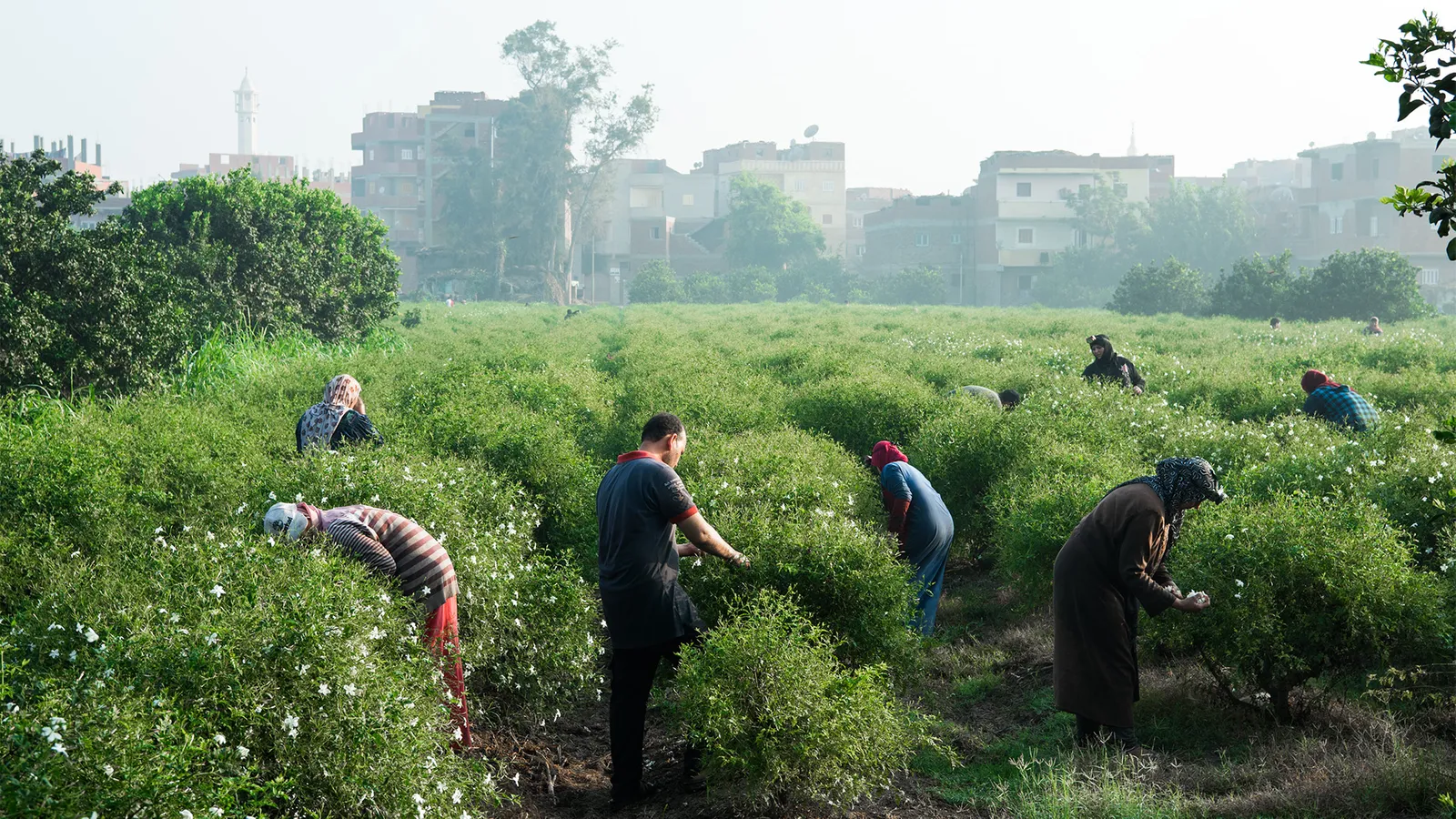Tunisia eyes return of European holidaymakers after 2015 attack

European holidaymakers are returning to Tunisia, a decade after a terrorist attack on a hotel in Sousse left 38 people dead, according to The New Arab plus agencies on September 3rd.
In June 2015, a Tunisian student opened fire on vacationers outside the hotel in the beach area, an attack which was claimed by the Islamic State group. The majority of the 38 people killed were British tourists.
Tunisia’s tourist industry declined as a result of the attack, plunging a sector that the Tunisian economy heavily relies upon into disarray.
However, there are signs that Western tourists are placing their trust in Tunisia again, with foreign arrivals increasing by almost ten percent this year compared to 2024, according to the National Tourism Office.
Specifically, the amount of British tourism has surged drastically, increasing by 48 percent through June, alongside the British ambassador in Tunisia remarking the embassy forecasts approximately “400,000 British tourists will visit Tunisia in 2025”.
For context, that would represent similar arrivals seen before the events in 2015, with the ambassador attributing the resurgence down to improved security measures and trust.
Tunisia are experiencing a broader tourism boom, with arrivals increasing and revenue expanding by 7.8 percent, a trend attributed to perceived political stability and recent pushes for international investment.
Tourism is a key source of employment in the north African nation, generating about 700,000 jobs, but there is a push for more diversity within the tourism industry away from dominant all-inclusive packages.
New upcoming legislation to address Tunisian guesthouses is hoping to empower small-medium sized Tunisian workers in the tourism industries, helping to boost income for those not working in major hotels.
Whilst the return of European and British tourists will provide hope that the Tunisian economy can grow, there are obvious barriers to sustainable growth rooted in a lack of diversification, and ensuring the Tunisian people benefit above all.
The New Arab plus agencies, Maghrebi.org
Want to chase the pulse of North Africa?
Subscribe to receive our FREE weekly PDF magazine
















